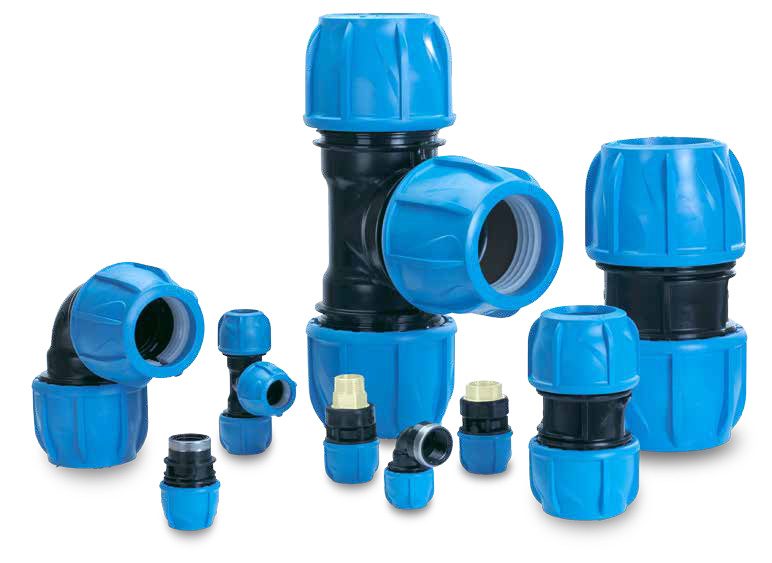Eco-Friendly Pest Repellents: Sustainable Solutions for a Pest-Free Environment
Embracing Sustainable Pest Repellents In the quest for a pest-free environment, the shift towards Eco-Friendly…


Embracing Sustainable Pest Repellents
In the quest for a pest-free environment, the shift towards Eco-Friendly Pest Repellent Solutions reflects a growing awareness of the impact traditional methods can have on the environment and human health. Discover how these sustainable alternatives provide effective pest control while prioritizing eco-friendly practices.
Natural Oils with Repellent Properties
Essential oils derived from plants have long been recognized for their natural repellent properties. Oils such as citronella, peppermint, and eucalyptus are known to deter various pests, including mosquitoes, flies, and ants. Incorporating these natural oils into repellent sprays or diffusers offers a chemical-free way to create an environment inhospitable to pests.
Diatomaceous Earth: A Safe Insecticide
Diatomaceous earth, a fine powder made from fossilized diatoms, acts as a gentle yet effective insecticide. While harmless to humans and pets, its microscopic abrasive particles prove lethal to insects. This eco-friendly alternative provides a non-toxic solution for controlling pests like fleas, ticks, and bed bugs.
Eco-Friendly Pest-Repellent Plants
Nature has provided an array of plants with inherent pest-repelling properties. Planting herbs like basil, rosemary, and lavender around homes can naturally deter pests. Additionally, marigolds are known to repel nematodes in the soil. Utilizing these pest-resistant plants not only enhances the landscape but also creates a protective barrier against unwanted insects.
Beneficial Insects for Pest Control
Embracing the concept of “good bugs” as allies in pest control is a fundamental aspect of eco-friendly repellent solutions. Ladybugs, lacewings, and predatory beetles feed on harmful insects, helping to maintain a balanced ecosystem without the need for chemical pesticides. Encouraging these beneficial insects contributes to a natural and sustainable approach to pest management.
Green Pest-Repellent Practices in Agriculture
In agricultural settings, where pest management is critical, adopting green practices is paramount. Integrated Pest Management (IPM) combines eco-friendly strategies like crop rotation, natural predators, and pheromone traps to minimize the use of chemical pesticides. This holistic approach ensures sustainable farming while preserving the environment.
Solar-Powered Pest Repellent Devices
Technological innovations in pest control include solar-powered devices that utilize ultrasonic or electromagnetic waves to repel pests. These devices are non-toxic, energy-efficient, and environmentally friendly. Placing solar-powered repellents in outdoor spaces offers a hands-free and eco-conscious solution to keep pests at bay.
Composting for Natural Soil Health
Healthy soil contributes to pest resistance, and composting is a key practice for maintaining natural soil health. Well-nourished soil supports robust plant growth, making plants less susceptible to pests. By recycling kitchen and garden waste through composting, homeowners can create a nutrient-rich environment that naturally repels pests.
Green Pest Control for Indoor Environments
Eco-friendly pest repellents extend to indoor spaces, where chemical-free alternatives are essential for maintaining a healthy living environment. From natural insect sprays to electronic repellent devices, there are various green options for keeping indoor pests at bay without compromising the well-being of occupants.
Home in Harmonia: A Leader in Eco-Friendly Pest Solutions
For those seeking reliable Eco-Friendly Pest Repellent Solutions, Home in Harmonia stands out as a leader in providing sustainable and effective alternatives. Their commitment to eco-friendly practices ensures that clients can achieve pest control without compromising environmental harmony.
Conclusion
In conclusion, Eco-Friendly Pest Repellent Solutions represent a paradigm shift towards sustainable and ethical pest control. From natural oils and diatomaceous earth to beneficial insects and innovative technologies, these alternatives offer effective pest management without the negative impacts associated with traditional methods. By embracing eco-friendly practices, individuals and communities can foster a healthier and more balanced relationship with the environment.







